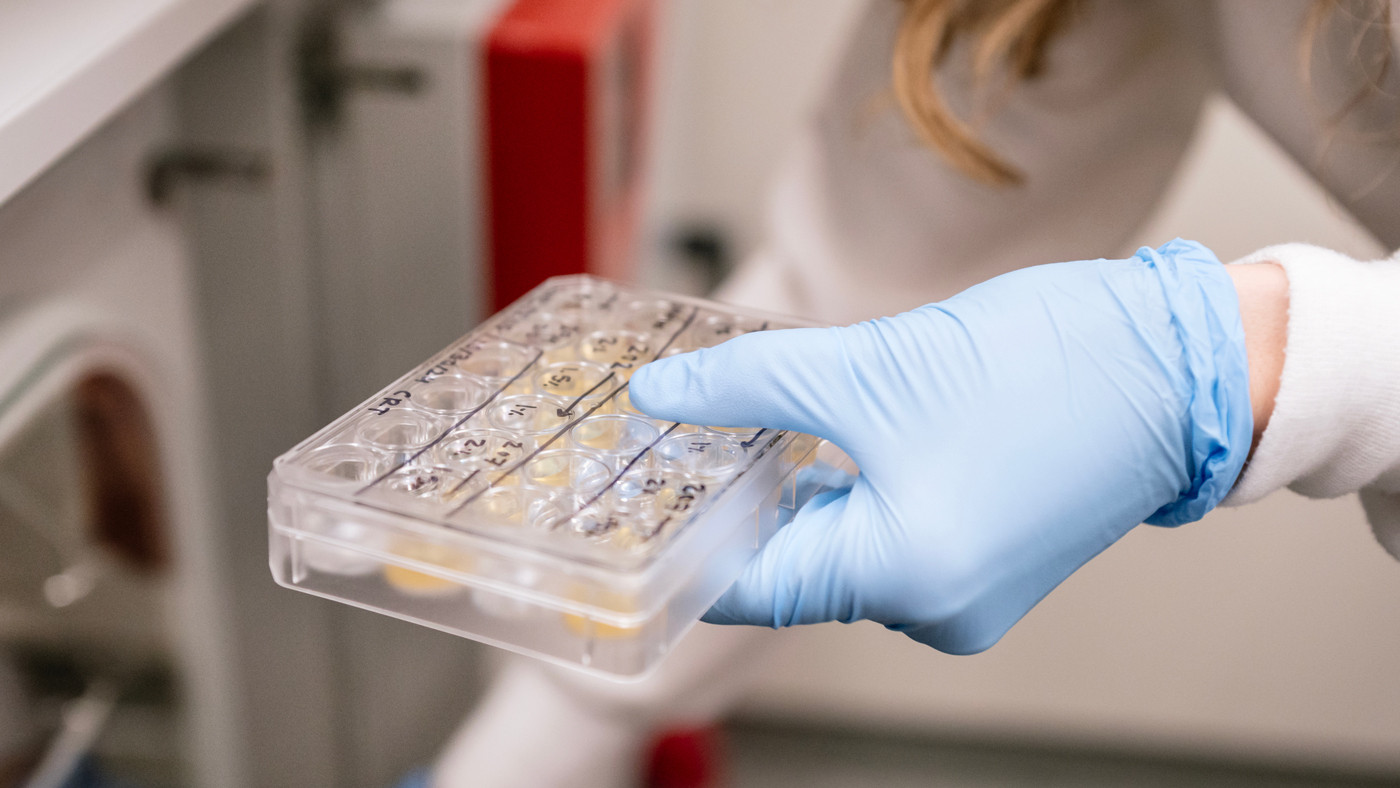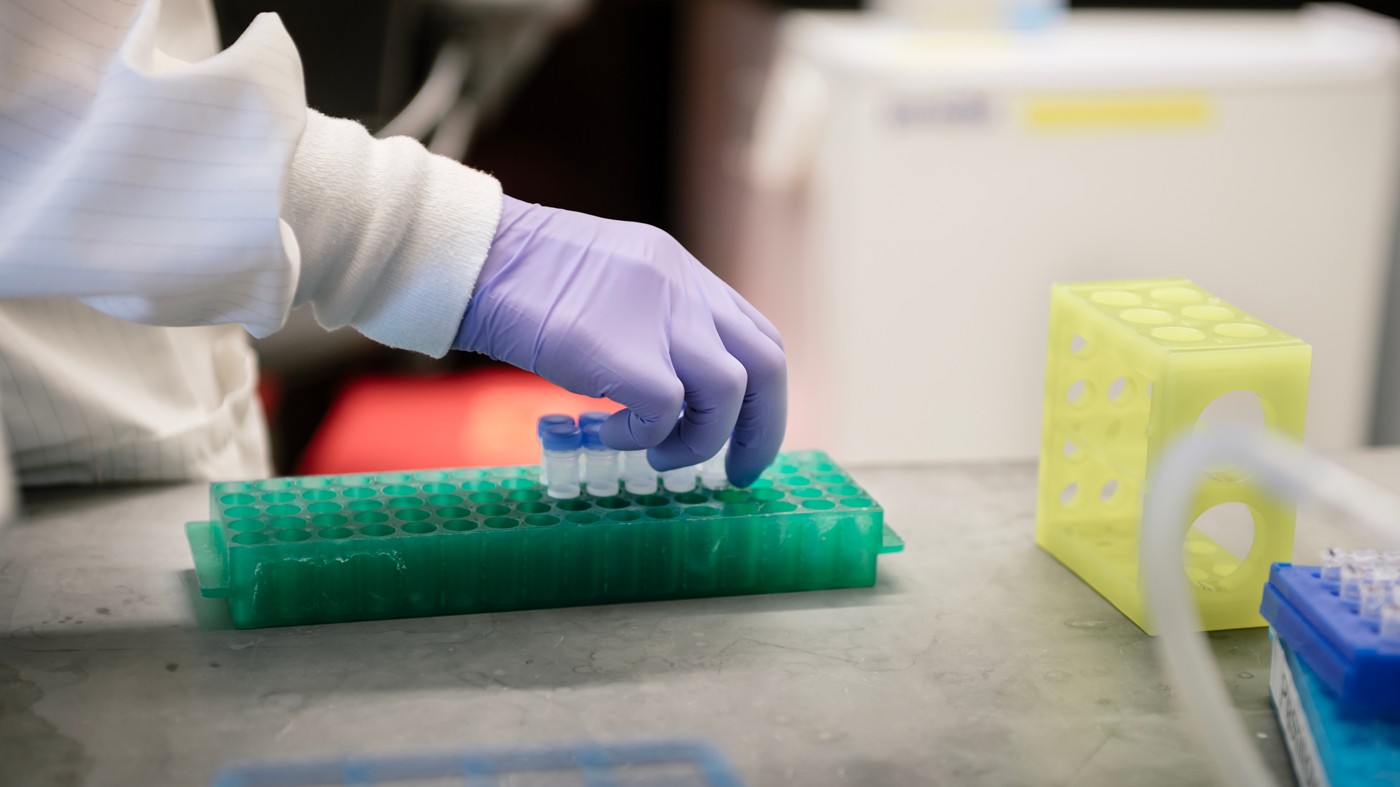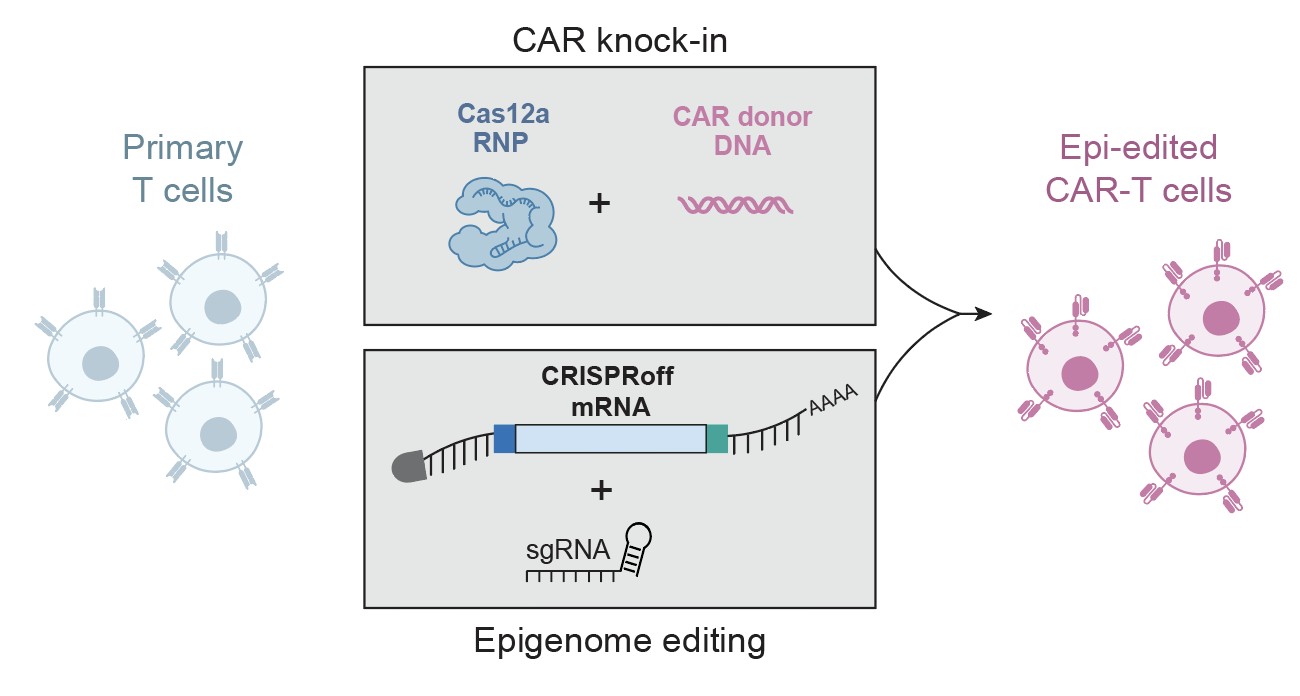Decoding and rewriting human immune cells with CRISPR
learn more



Our Research
The goal of our lab is to understand genetic circuits that control human immune cell function in health and disease, employing powerful new CRISPR genome engineering technologies. We are focused on elucidating the genetic and epigenetic regulation of human immune cells and the development and application of gene editing technologies to manipulate immune cells to fight diseases including cancer, autoimmunity, and infectious disease. The lab is decoding gene programs in pro-inflammatory T cells that drive effective anti-cancer immune responses and programs in anti-inflammatory regulatory T cells (Tregs) that are critical to prevent autoimmunity. Using tools developed in the lab for CRISPR genome engineering in primary human T cells we are pursuing a comprehensive strategy to test how coding and non-coding genetic variation controls functional programs in the immune system and extending our genome engineering capabilities to reprogram the next generation of cellular therapies.
Our Partners






.png)
.jpg)
Our People
The Marson lab is a team of highly collaborative students, research technicians, and postdoctoral scientists with expertise across the fields of genomics, immunology, infectious diseases and genome engineering.
Recent Lab News
Rosmely Hernandez was awarded a CIRM scholarship.
Rosmely Hernandez was awarded the Robert and Linda Mahley Career Advancement Award.
Eli Dugan was awarded the Gladstone Distinguished Achievement in Science Award for Grad Students.
Welcome Stephanie Gaglione to the Marson Lab!
Maya Arce accepted a position as a Science Fellow at the Arc Institute.
Pascal Devant was awarded a Jane Coffin Childs Fellowship.









.jpg)






